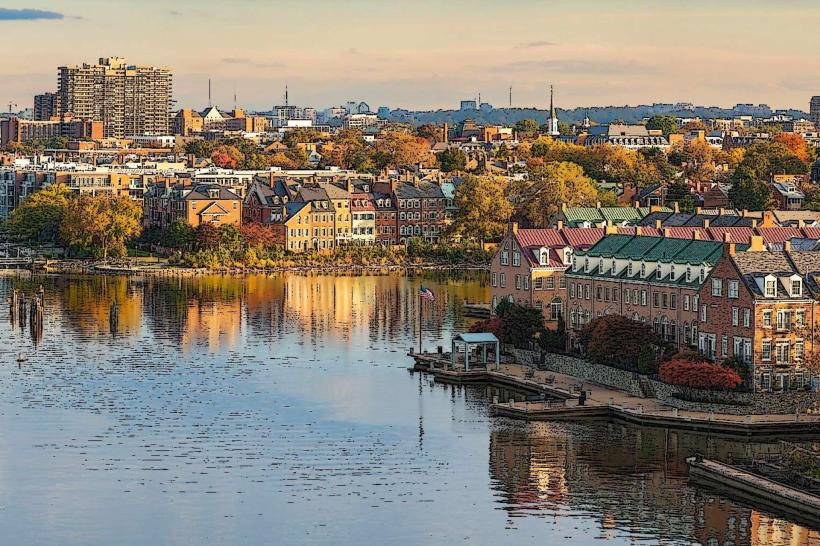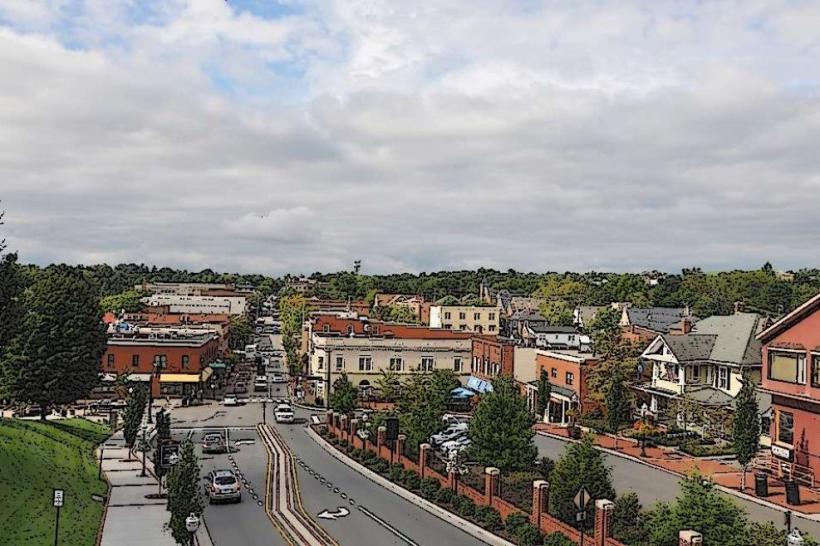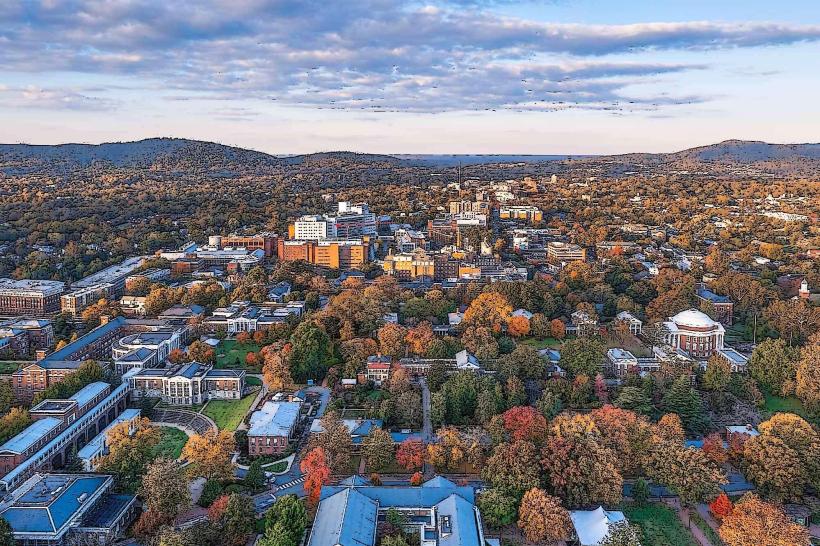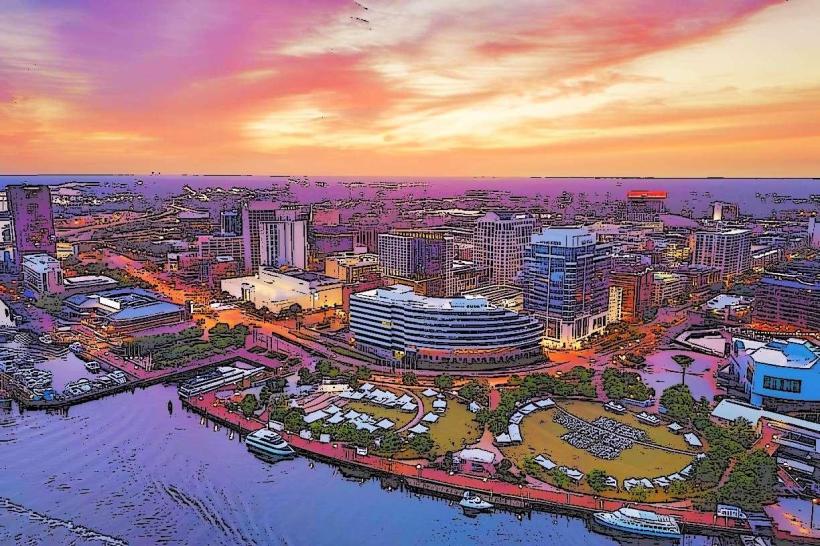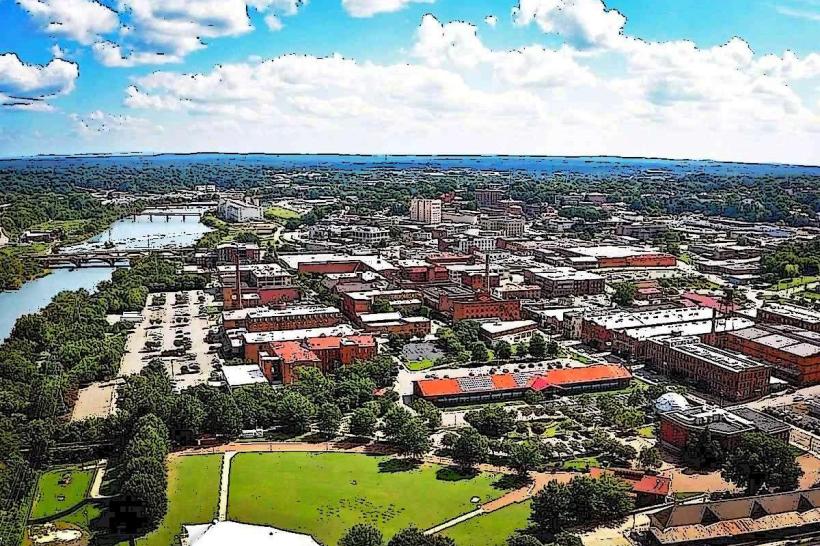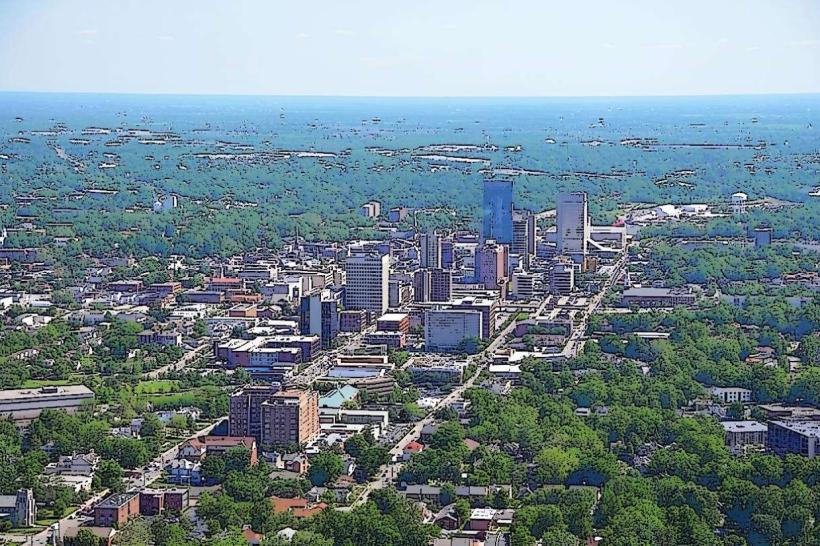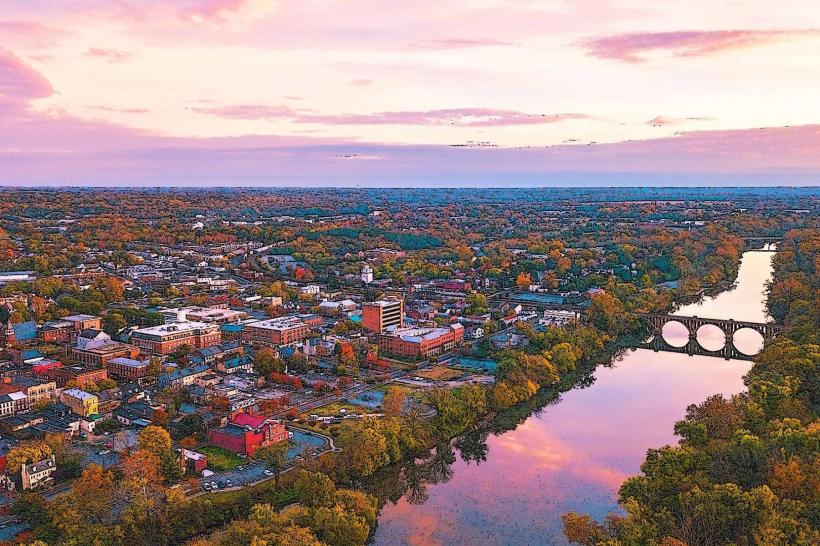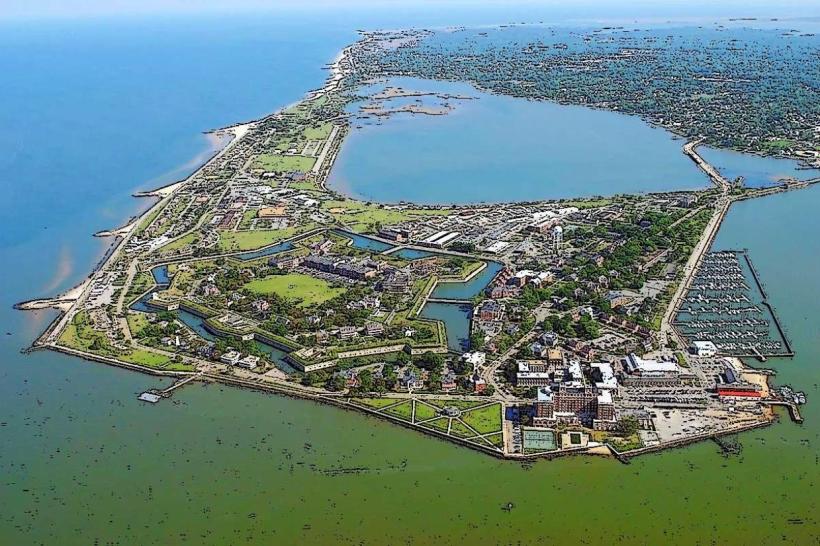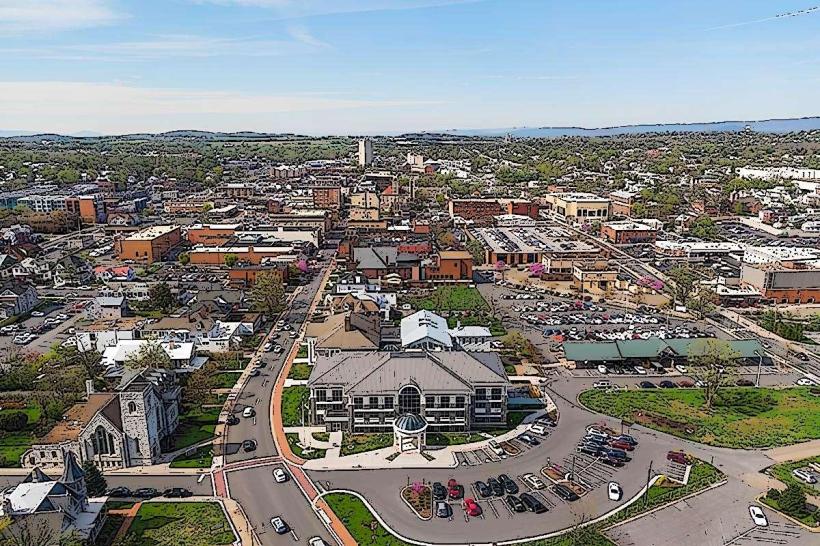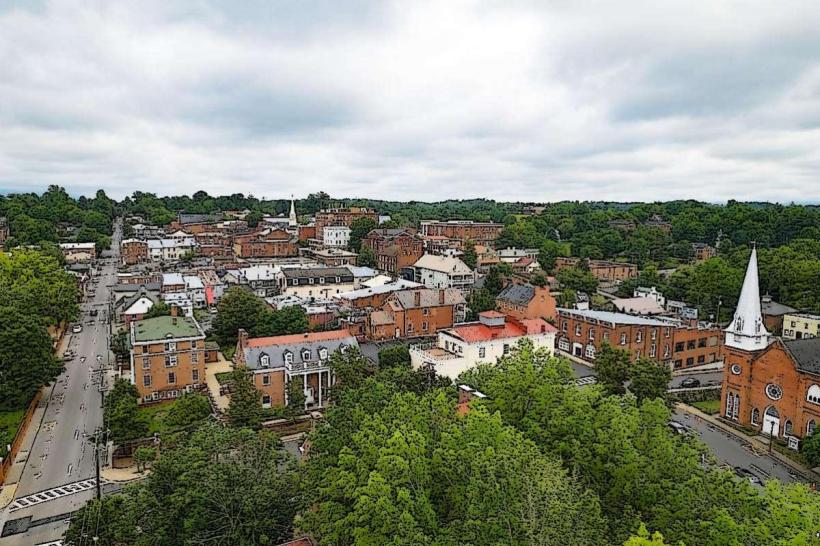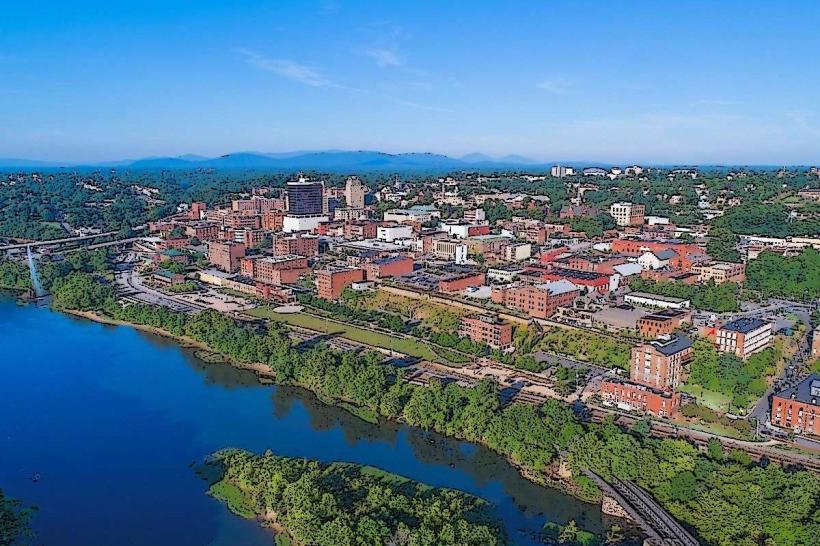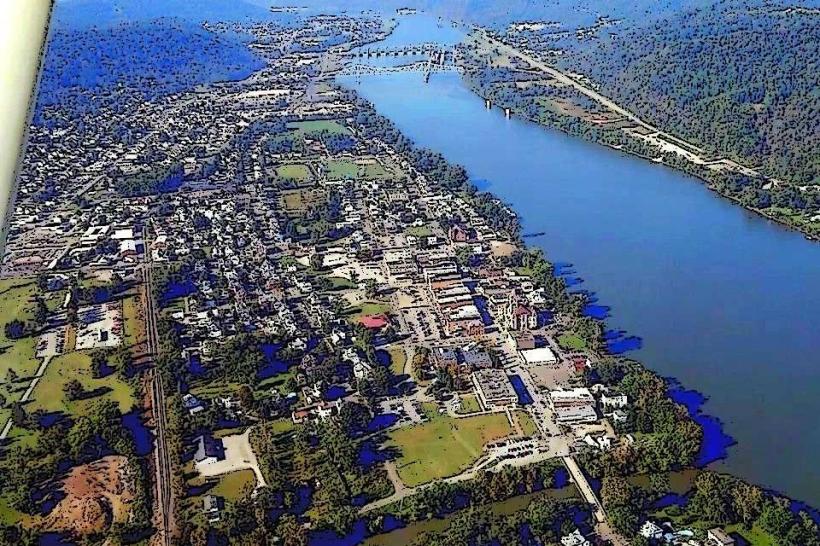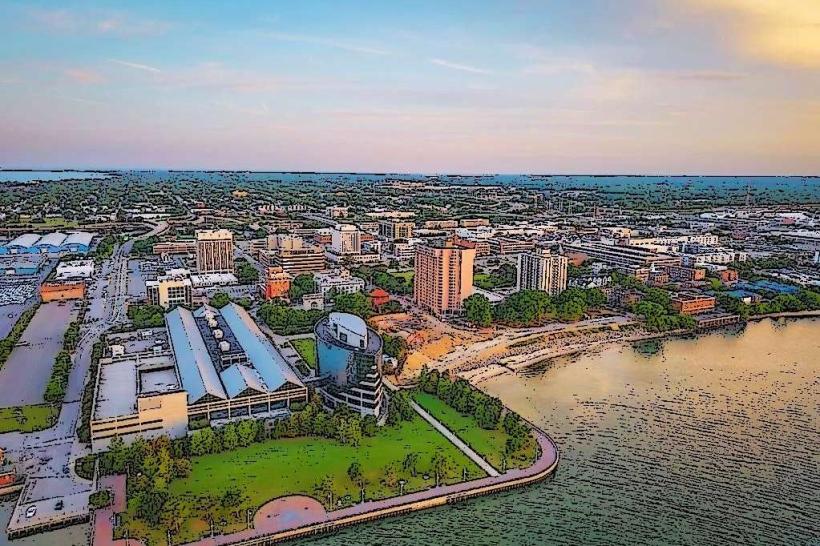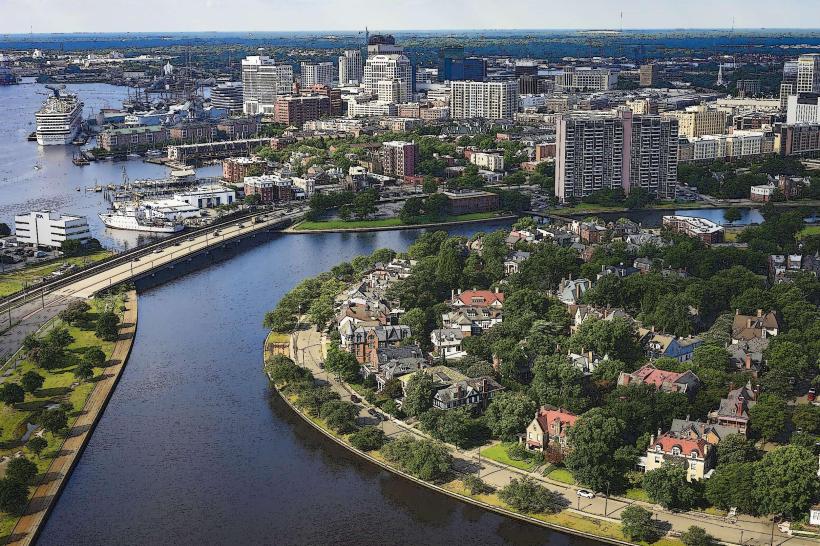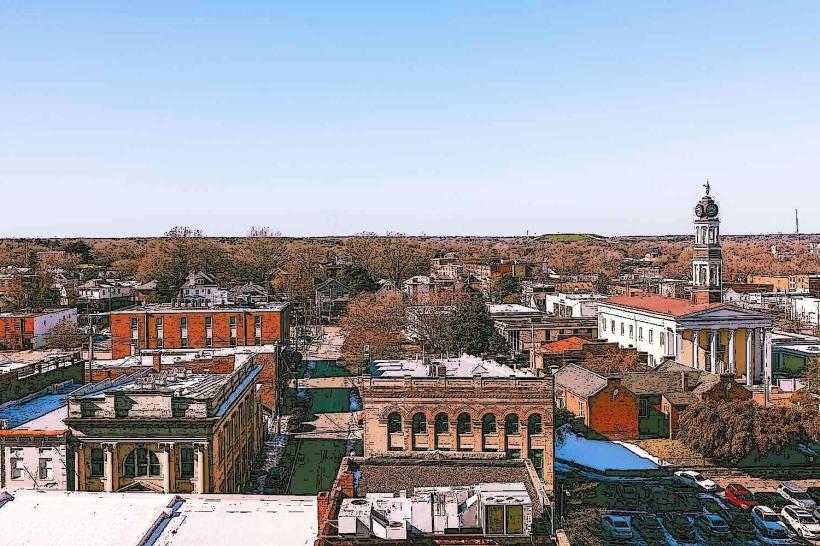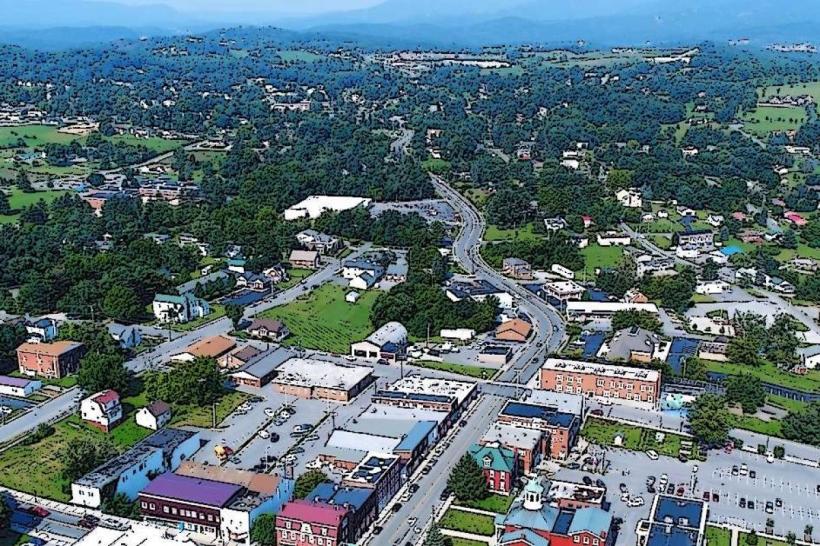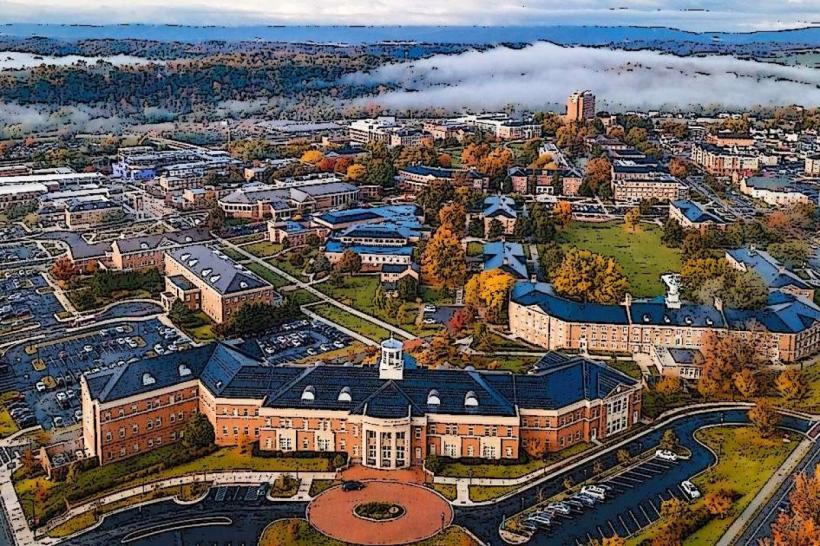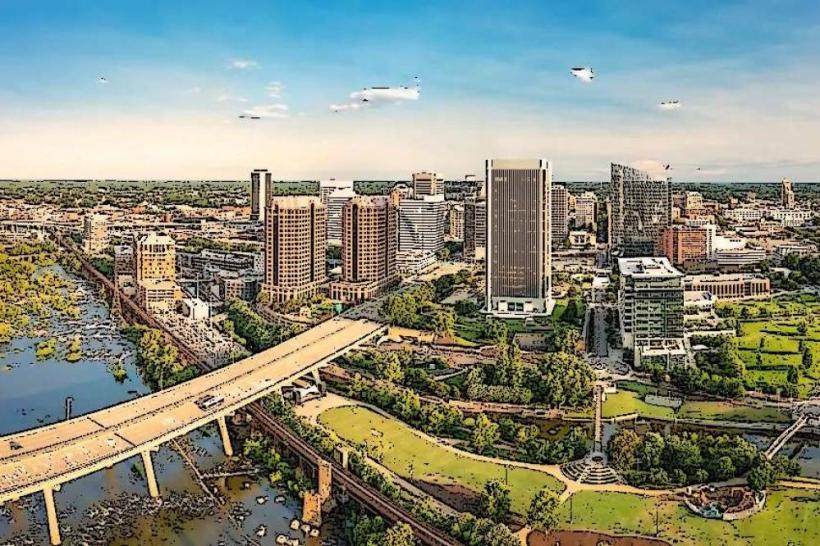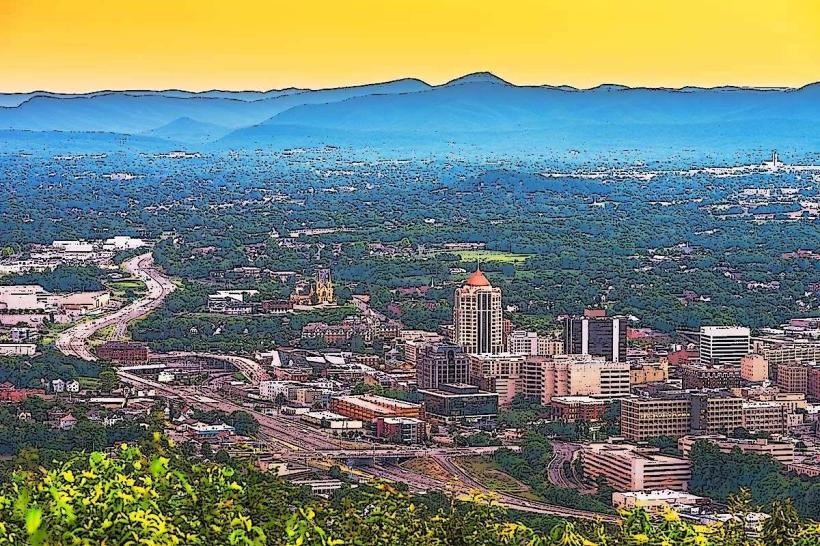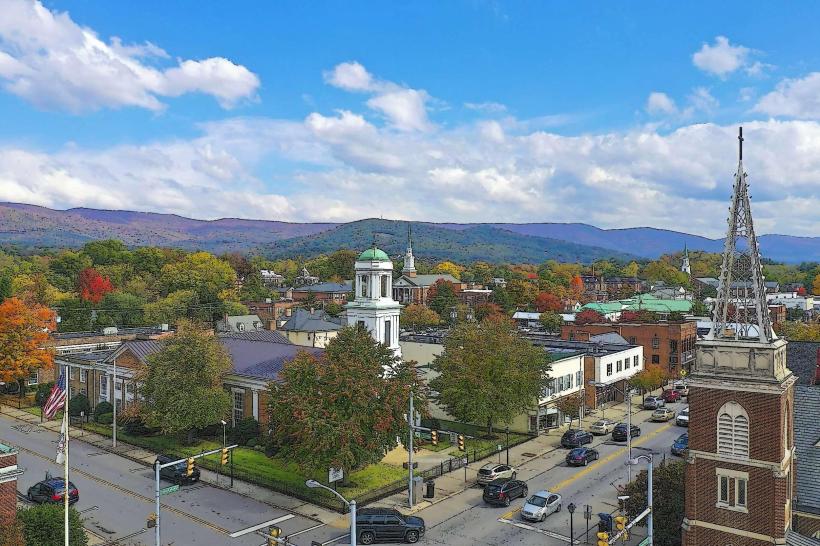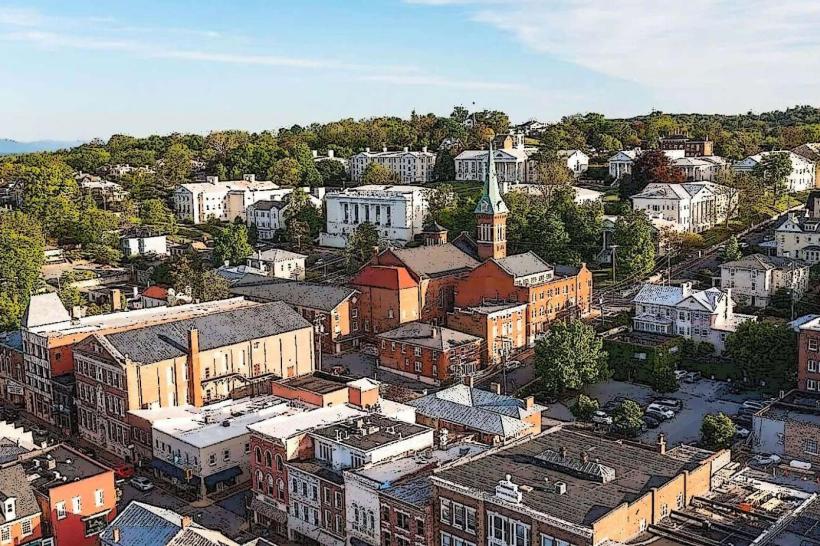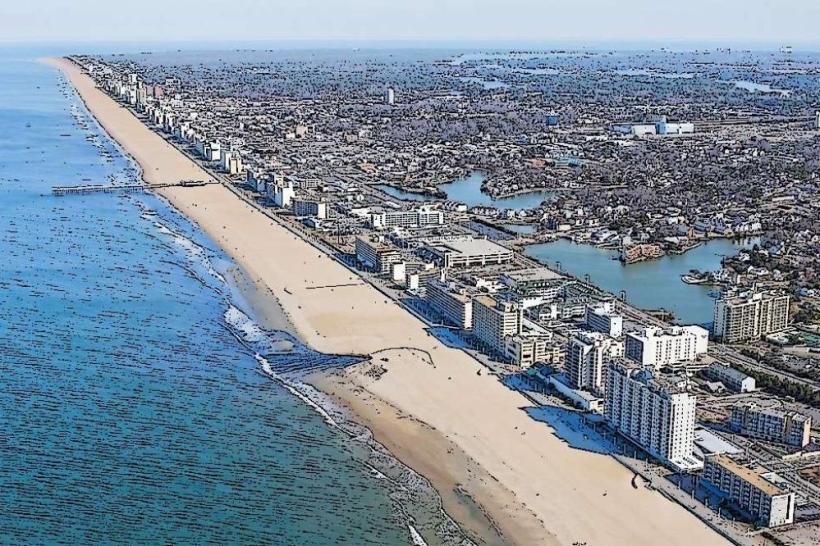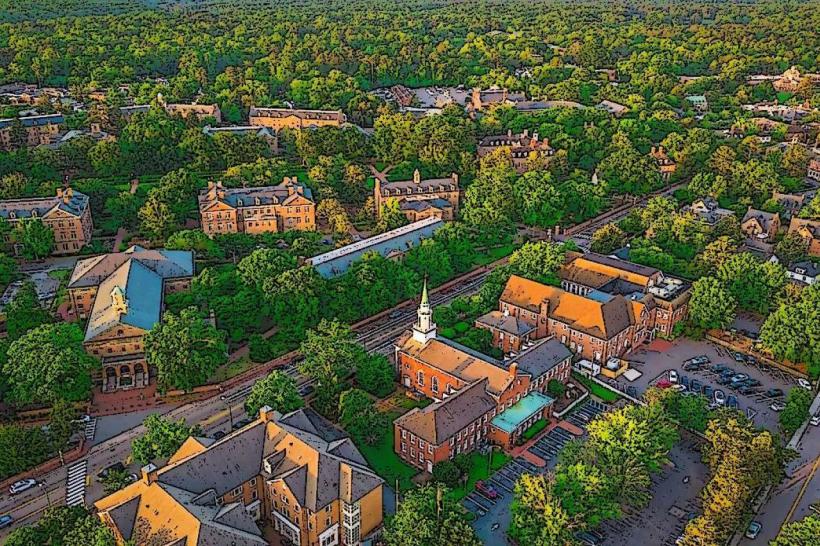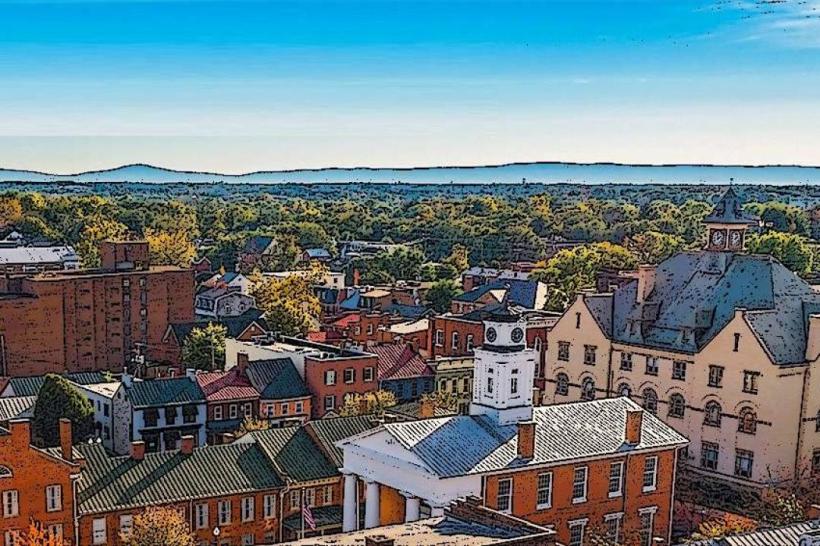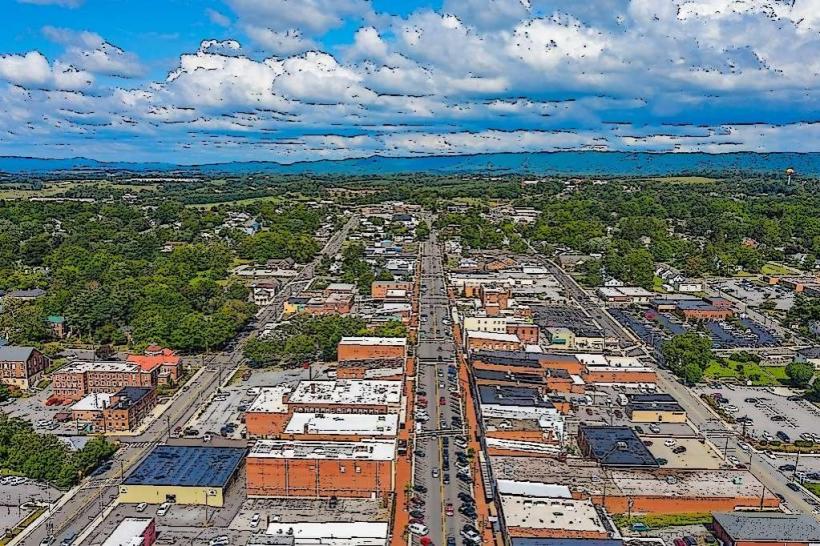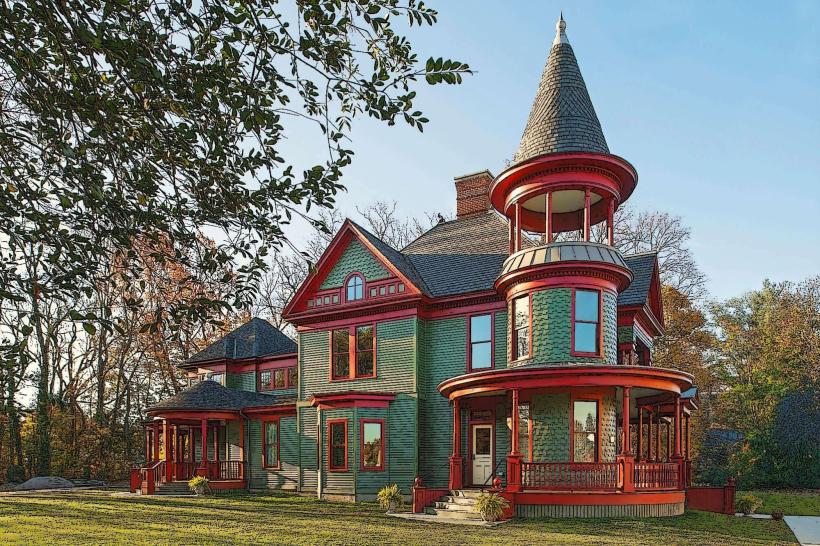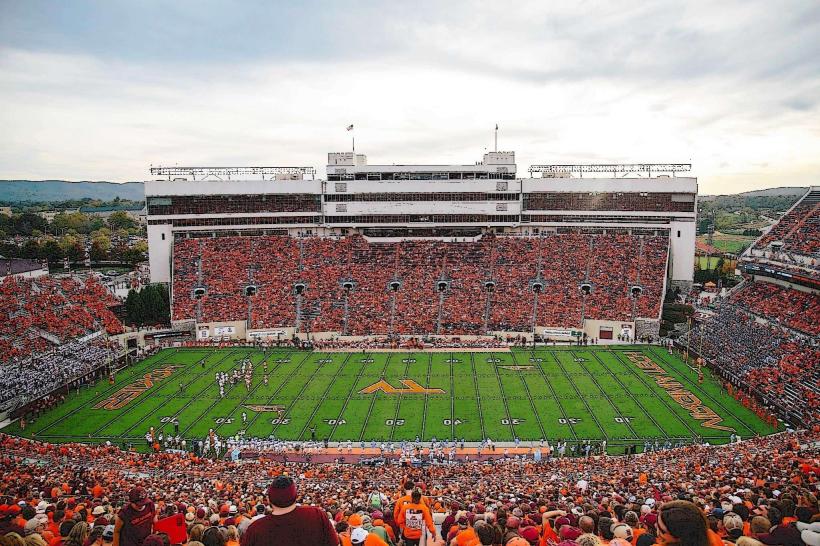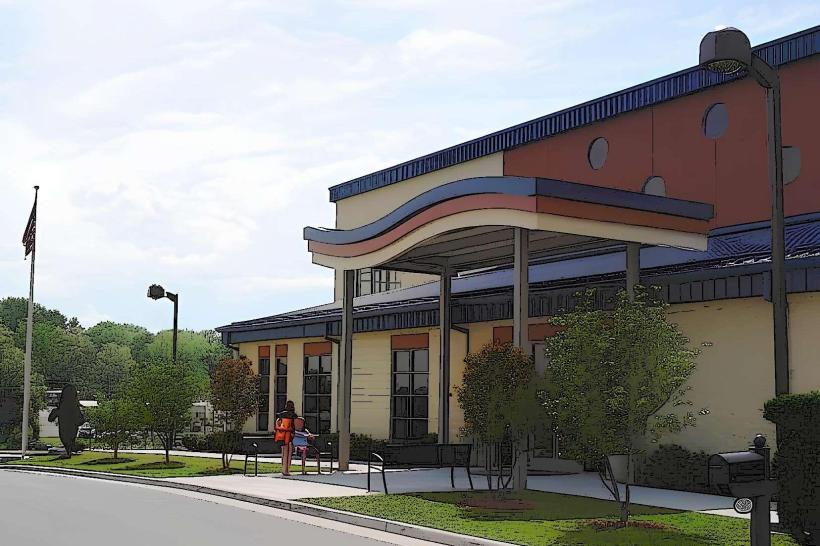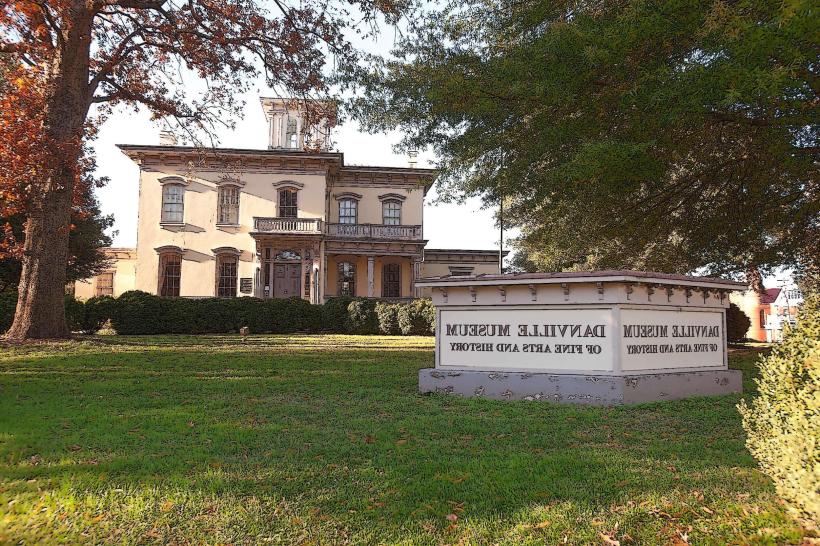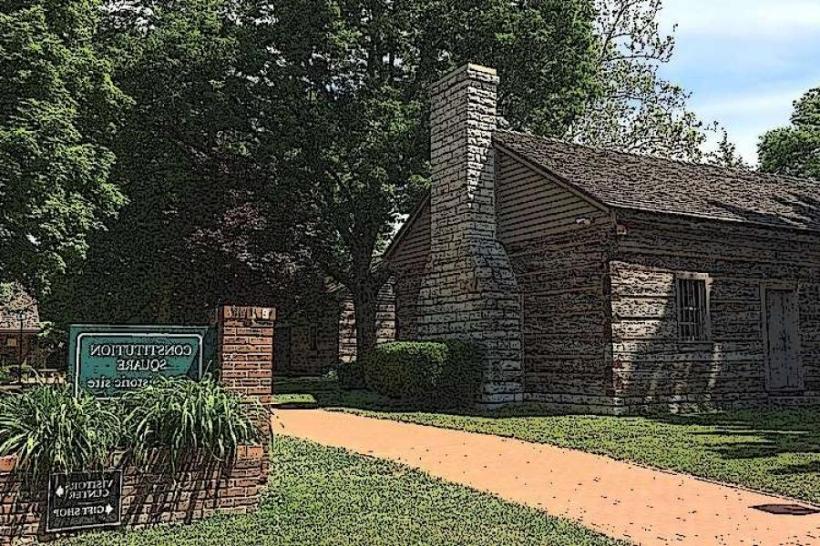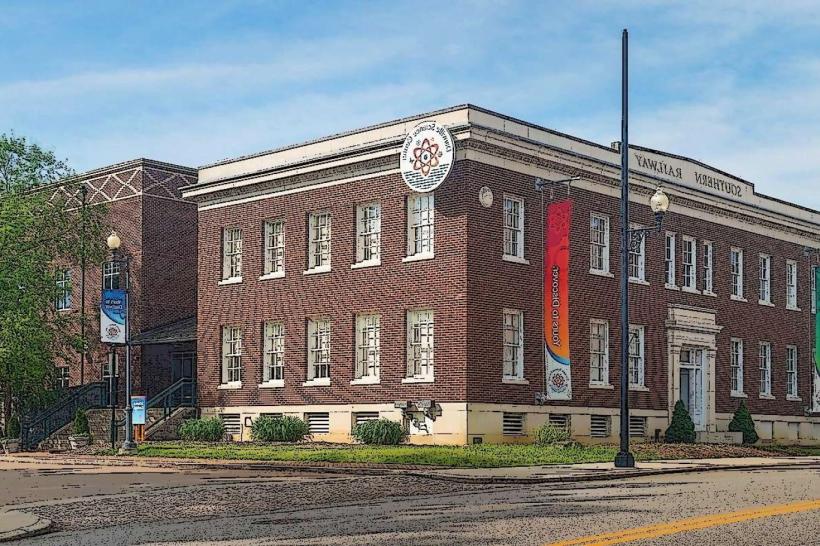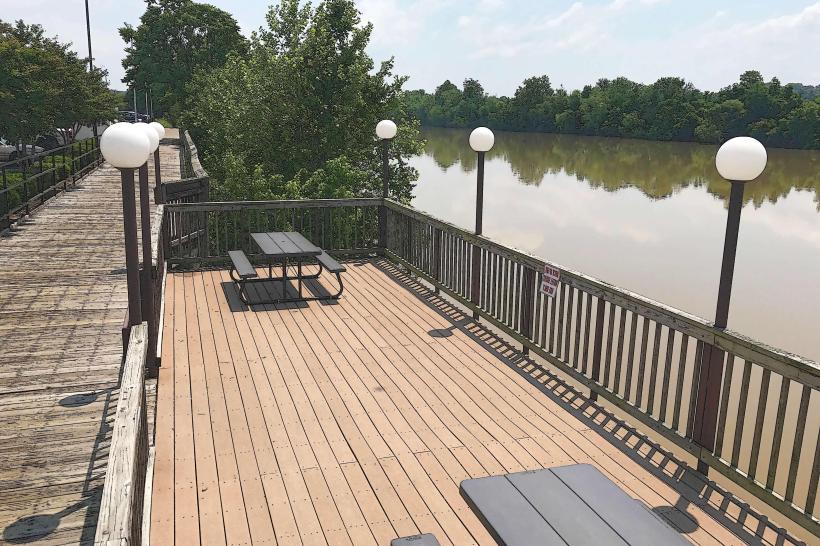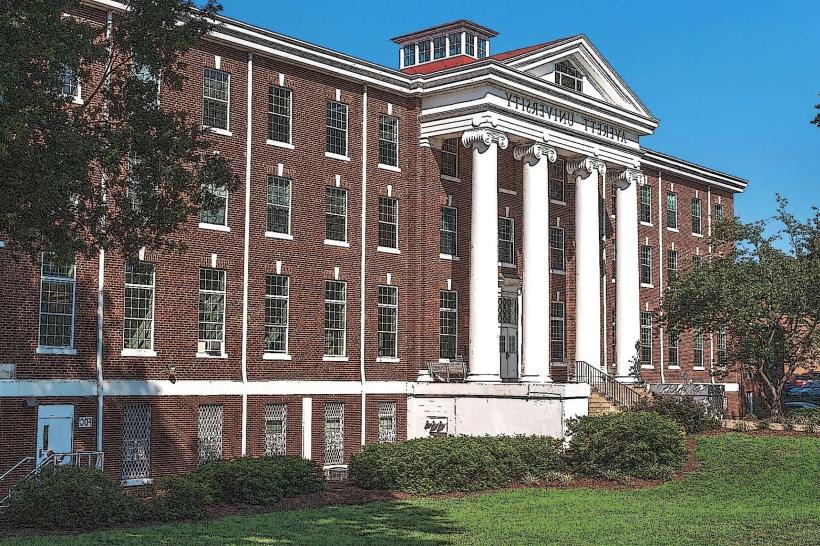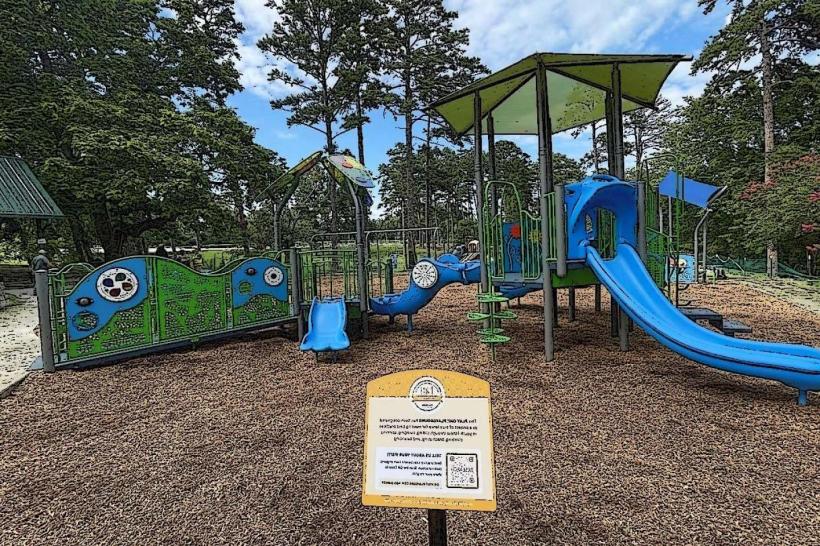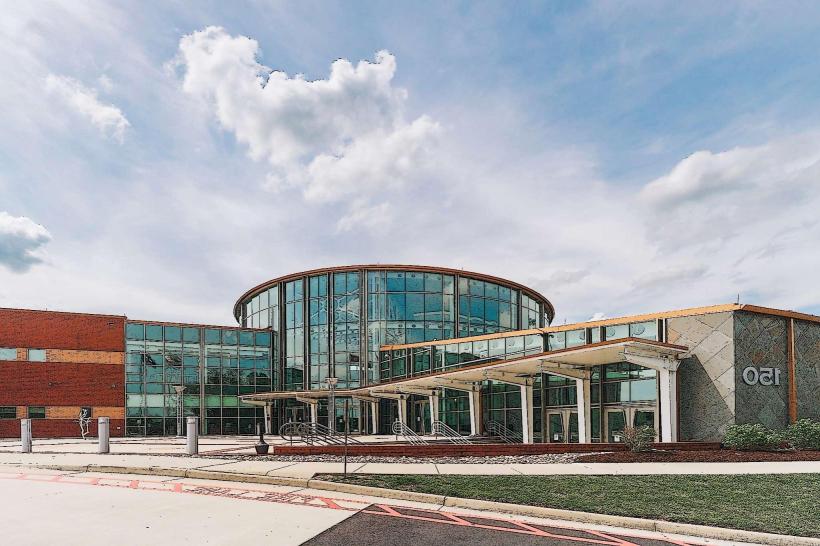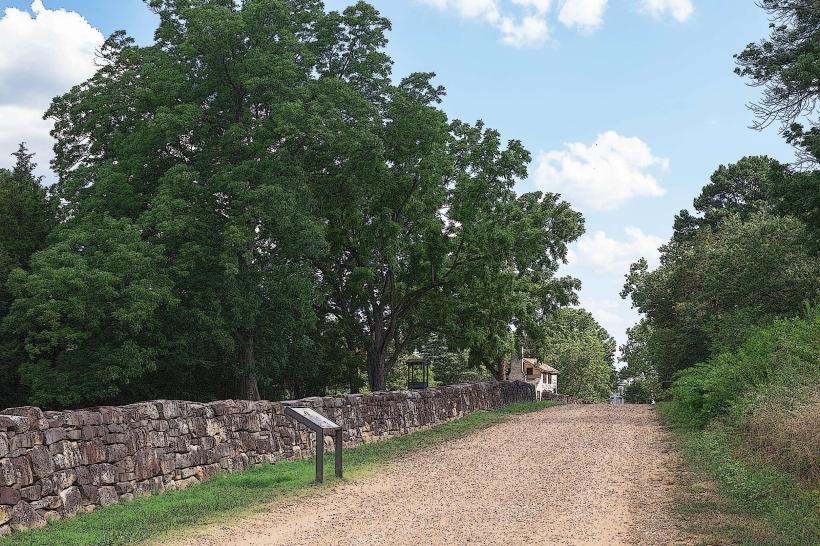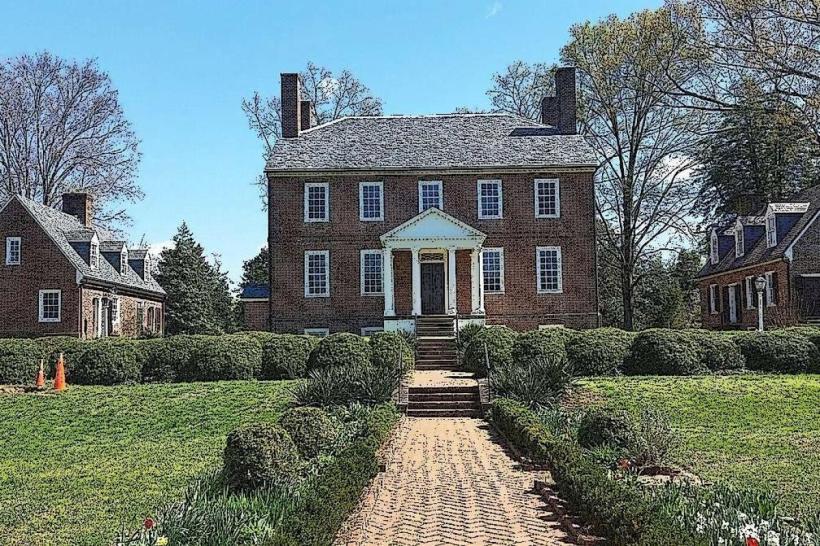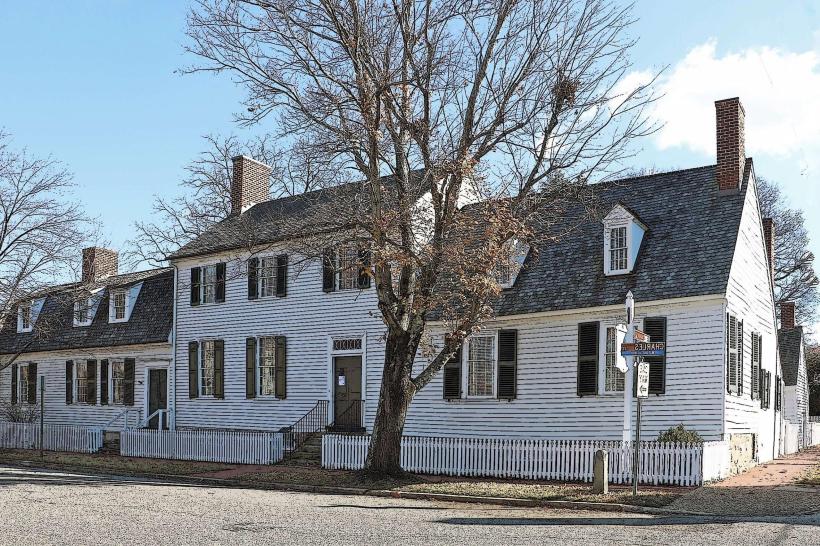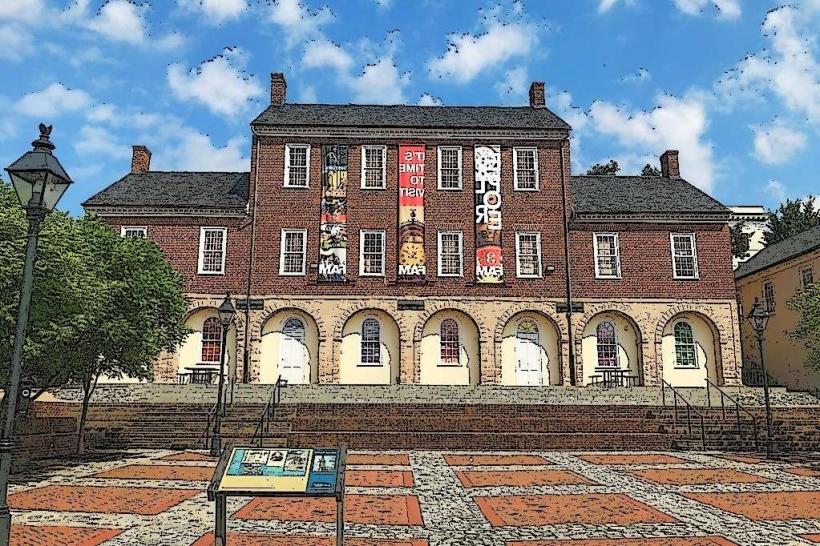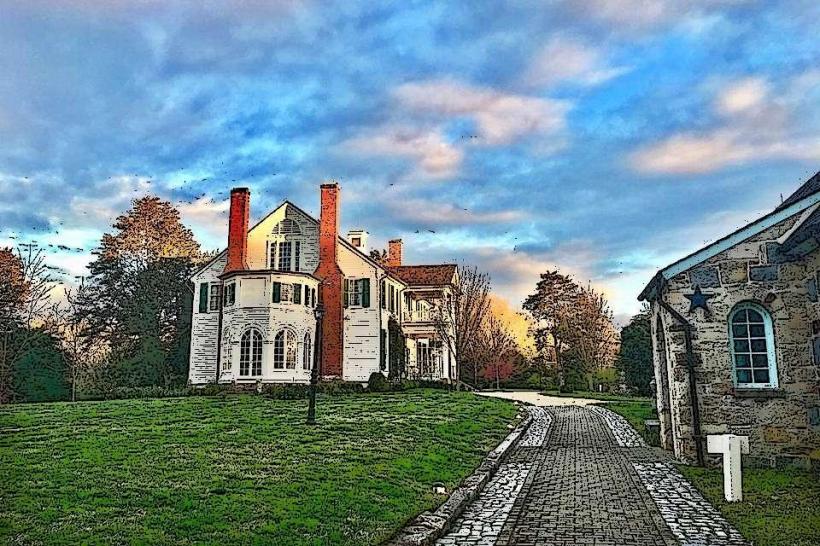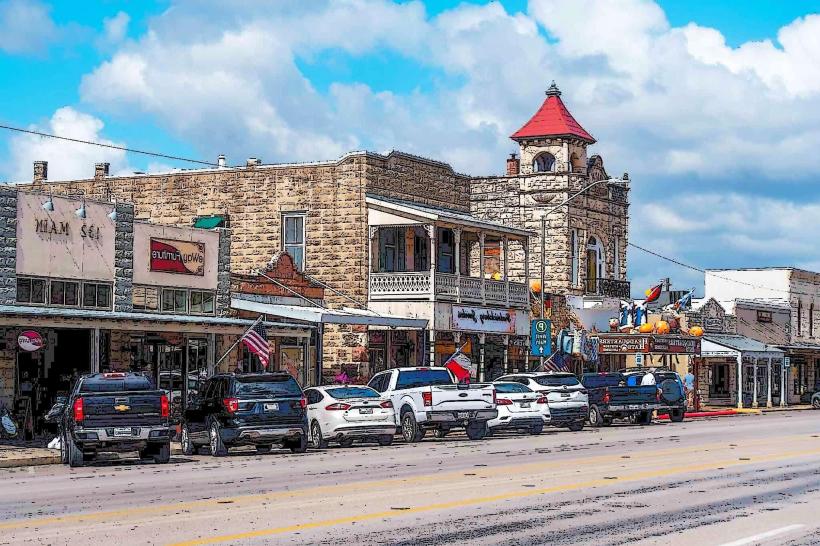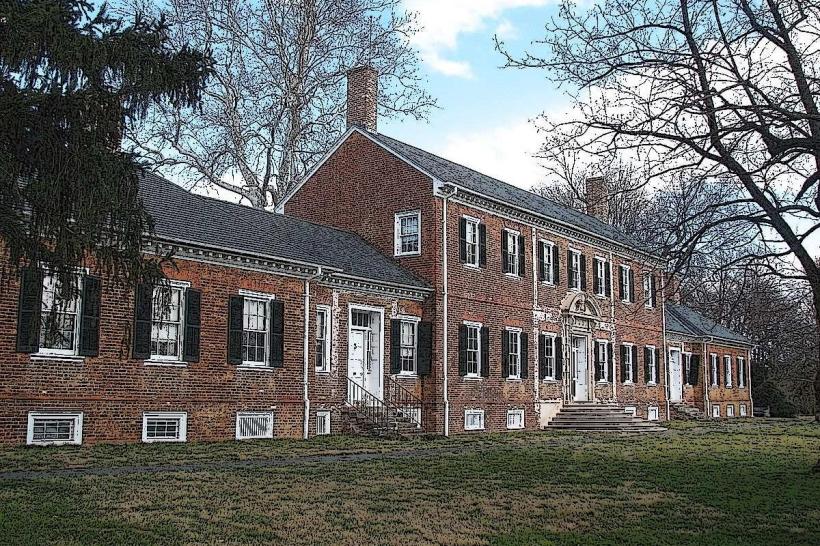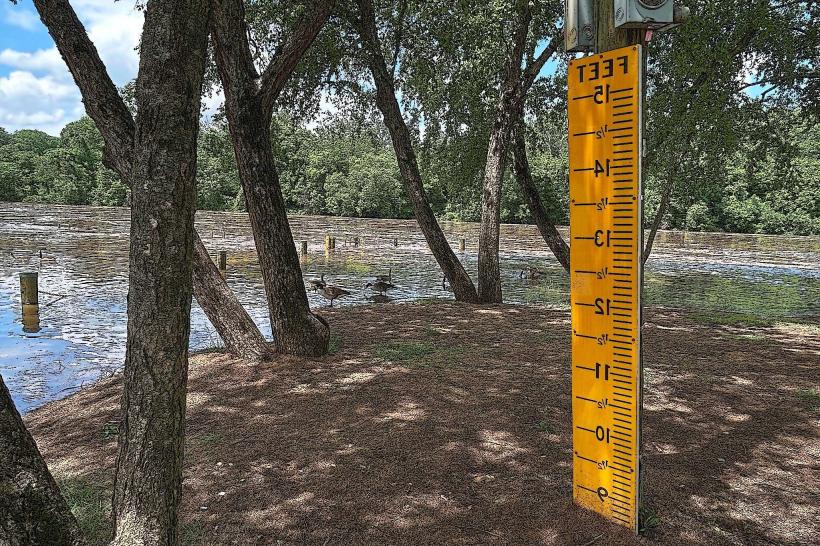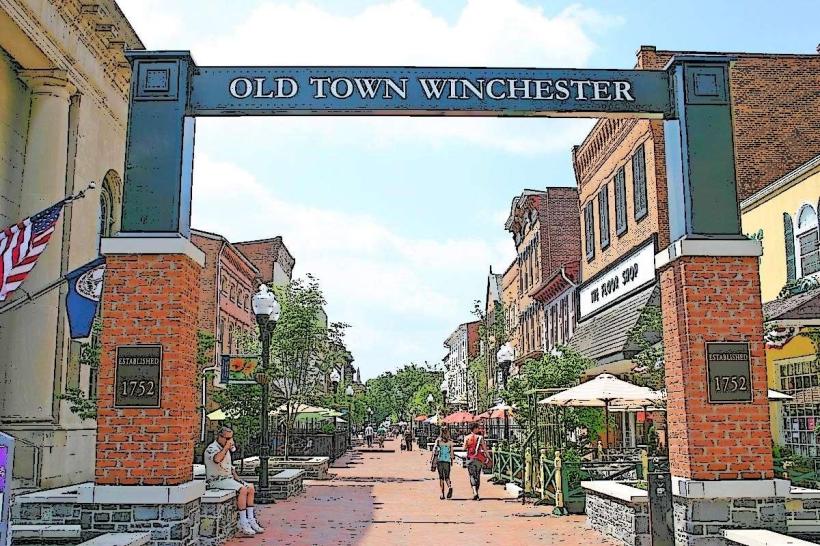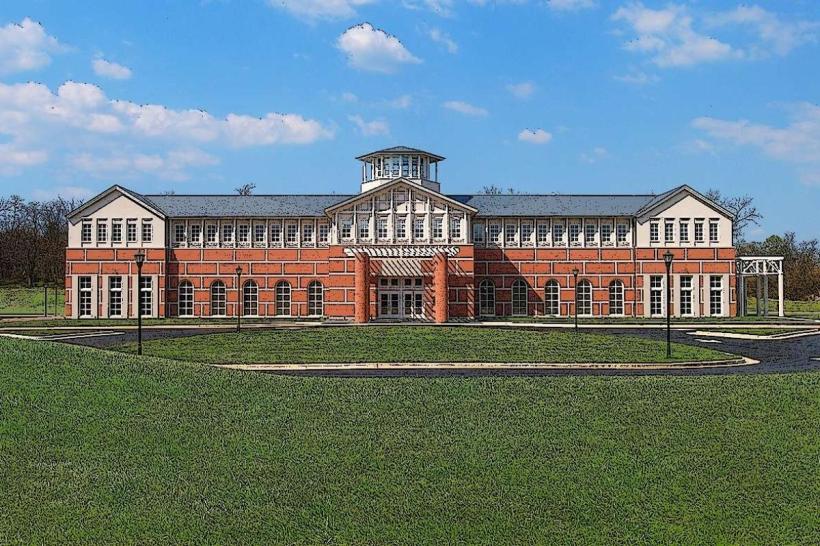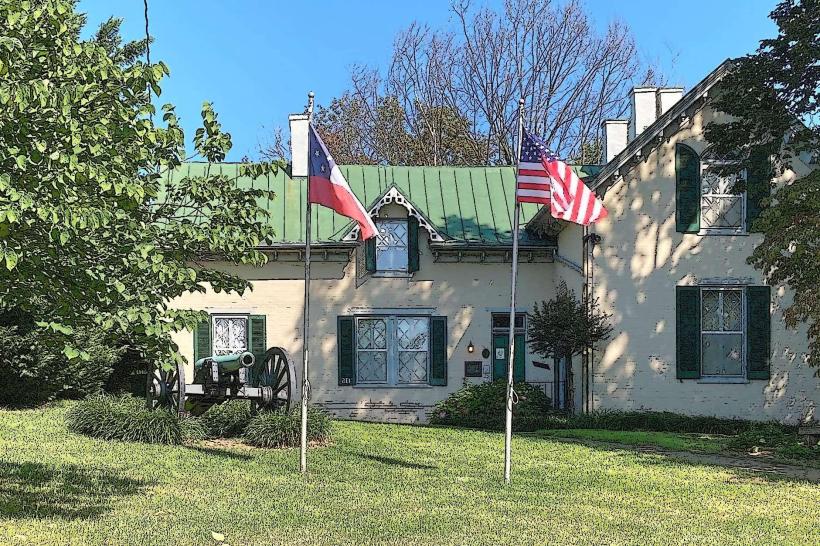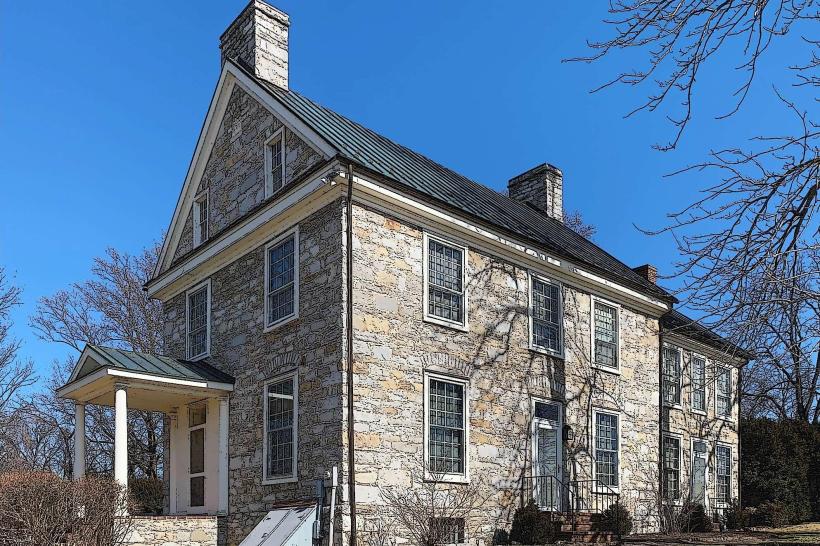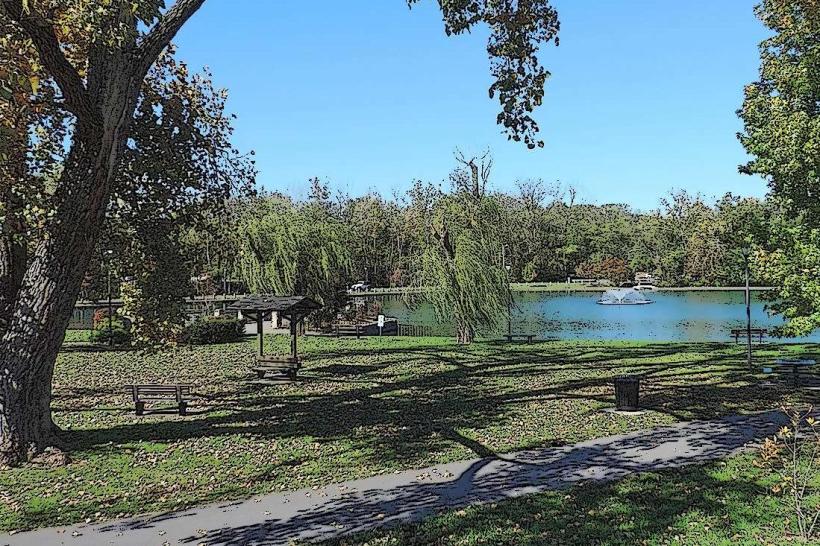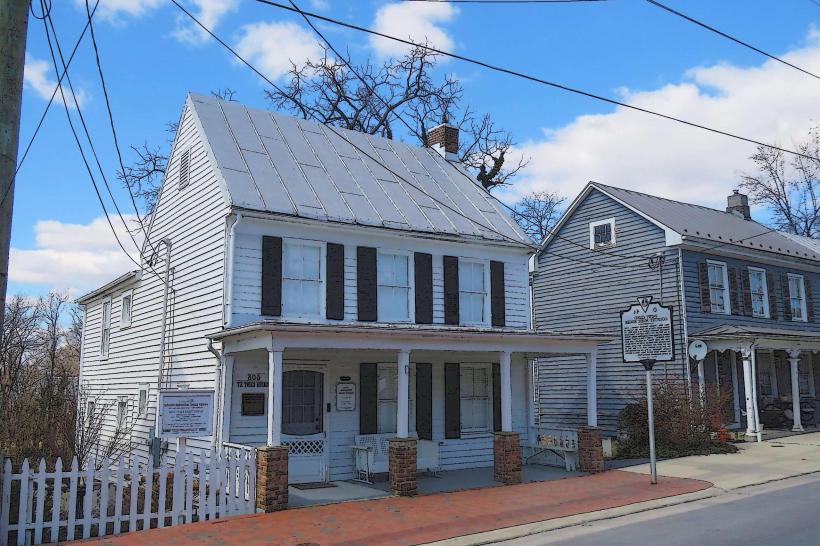Information
Country: USA VirginiaContinent: North America
USA Virginia, North America
Virginia is located on the East Coast of the United States, bordering Maryland and Washington, D.C., to the north and east, the Atlantic Ocean to the east, North Carolina and Tennessee to the south, and Kentucky and West Virginia to the west. The state is defined by five distinct geographic regions: the Coastal Plain (Tidewater), the Piedmont, the Blue Ridge Mountains, the Valley and Ridge, and the Appalachian Plateau. The capital city is Richmond.
History & Culture
Virginia was the site of the first permanent English settlement in North America (Jamestown, 1607) and was one of the original 13 colonies. It played a central role in the American Revolution and the Civil War, serving as the capital of the Confederacy. Primary religious affiliations are Protestant (approx. 58%) and Catholic (approx. 12%). Independence Day (July 4) is the primary national holiday. Social etiquette emphasizes "Southern hospitality," a respect for historical lineage, and a standardized 18–25% tipping expectation.
Language & Communication
The official language is English. English proficiency is universal. Spanish is the second most spoken language (approx. 7% of the population), followed by Vietnamese and Arabic in the Northern Virginia (NoVa) region. Local dialects range from the Tidewater accent in the east to the Appalachian dialect in the western mountains.
Population & Economy
The population is approximately 8.7 million, with 75% urban and 25% rural distribution. Top three export commodities are computer chips (integrated circuits), chemicals, and transportation equipment (aerospace). GDP per capita is approximately $81,800 USD. The economy is heavily driven by defense contracting, federal government services, technology (data centers), and agriculture (poultry and tobacco).
Visa & Entry Policy
Citizens of the UK, EU, and other Visa Waiver Program nations require an ESTA (Electronic System for Travel Authorization) for stays up to 90 days. Other international travelers require a B1/B2 visa. Effective January 1, 2026, under Presidential Proclamation 10998, visa issuance is suspended or restricted for nationals of 38 countries to enhance security screening. There is no Visa on Arrival system. Customs enforcement is rigorous at Washington Dulles (IAD) regarding agricultural and high-value items.
Currency & Payment Systems
The currency is the United States Dollar (USD). Card payments and mobile "tap-to-pay" are universal in urban and suburban areas. Cash is primarily used for small tips or at rural farm stands. ATM availability is high, with dense concentrations in convenience store chains like Wawa, 7-Eleven, and Sheetz.
National Transport Grid
Intercity travel is dominated by personal vehicles via the Interstate system (I-95, I-64, I-81). Amtrak provides rail service via the "Northeast Regional" and "Crescent" lines, with major hubs in Richmond and Alexandria. Domestic and international aviation is anchored by Washington Dulles (IAD), Ronald Reagan Washington National (DCA), and Norfolk International (ORF). Long-distance bus transit is provided by Greyhound, Megabus, and Virginia Breeze.
Digital Infrastructure
Major mobile network providers are Verizon, AT&T, and T-Mobile. 5G coverage is comprehensive in Northern Virginia and the Richmond-Norfolk corridor. Northern Virginia (Loudoun County) is known as the "Internet Capital of the World," hosting approximately 70% of the world's daily web traffic through its data center clusters. Signal strength is inconsistent in the deep Appalachian valleys and the George Washington National Forest.
Climate & Seasonality
The climate is predominantly humid subtropical, featuring four distinct seasons. The wettest months are typically July and August due to convective thunderstorms and tropical moisture. The dry season is late autumn, specifically October and November. The coastal regions are subject to hurricane and tropical storm impacts from June to November.
Health & Safety
No mandatory vaccines are required for entry. Environmental risks include tick-borne illnesses (Lyme disease), severe thunderstorms, and occasional coastal flooding. The emergency number for Police, Ambulance, and Fire is 911.
Top 3 Major Regions & Cities
Northern Virginia (Tech/Defense): Hub city is Arlington (near D.C.).
Hampton Roads (Maritime/Military): Hub city is Virginia Beach/Norfolk.
Greater Richmond (Government/Finance): Hub city is Richmond.
Local Cost Index
1L Water: $2.30 USD
1 Domestic Beer: $6.50 USD
1 Sim Card (Data Plan): $45.00 USD
Facts & Legends
Virginia is known as the "Mother of Presidents" because it is the birthplace of eight U.S. presidents, including four of the first five. A prominent local legend is the "Bunny Man" of Fairfax County, an urban myth concerning a man in a rabbit suit who allegedly haunts Colchester Overpass (Bunny Man Bridge) wielding a hatchet; the legend originated from two 1970 incidents involving a man in a suit threatening trespassers.

